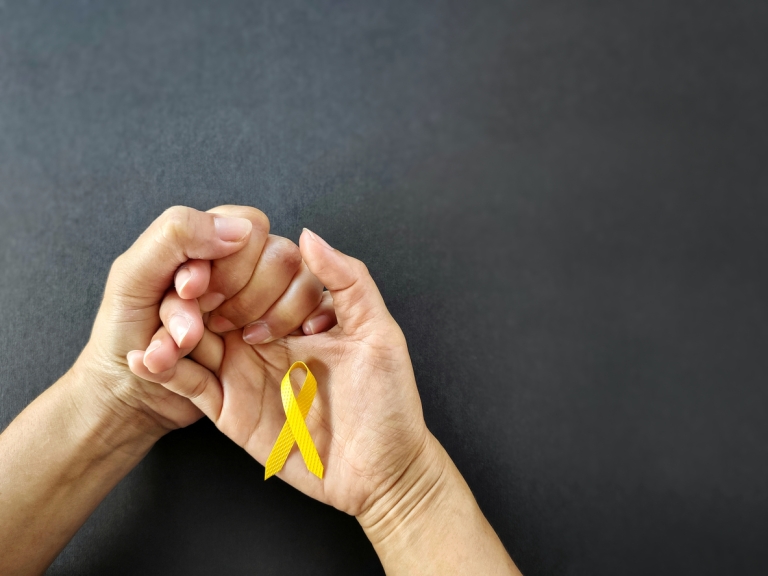3/3/22 blog post
becoming part of the solution: how you can take action in the aftermath of public tragedies
When we give fill ourselves with knowledge, we can feel empowered to help those in need.

Get help now: If you or your child need immediate help due to having suicidal thoughts, call the National Suicide Prevention Lifeline at 1-800-273-TALK (8255) or text the Crisis Text Line by texting "START" to 741-741. If there is an immediate safety concern, call 911 or go to the nearest emergency room.
Recently, the death of a Stanford college student and soccer goalkeeper, Katie Meyer shocked and devastated many. Not too long ago, the death of Cheslie Kryst, an attorney, journalist, and former Miss USA, stunned and touched many others. Seeing photos of these young ladies' smiling faces and beautiful presences can make their deaths even more difficult to understand for some. Their deaths are sparking conversations about mental health, the effects of intense social pressure, and how even those who look like they “have it all” are still in need of help and connection.
The news of these untimely deaths can also bring back feelings of grief and loss or trigger other overwhelming emotions for some people. Oftentimes, when tragedies happen on a national level, people want to spring into action to become a part of the solution. We talked to Linh-Han Ikehara, behavioral health specialist with the Center for Female Athlete, and Emily Weitz, behavioral health specialist with On Our Sleeves to learn more about how parents can deal with this tough topic.
In the aftermath of these terrible tragedies, here are three things you can do right now to manage the emotions you may be feeling.
- Help yourself
The saying, “you can’t pour from an empty cup” is a reminder that caring for others starts within yourself. If you are feeling overwhelming emotions of sadness, anger, fatigue, depression, helplessness, or more, you should:
- Stay in a normal day-to-day routine
- Do a calming activity for yourself (engage in your favorite hobbies, practice yoga, or meditate)
- Take a moment to go somewhere quiet and get a moment of peace.
- If you feel the content you see online is triggering, put your phone away
- Talk about it
Now is a great time to start the conversation about mental health. Take some time to call or talk to a friend to discuss how you’re feeling. You may not know if by sharing your emotions and concerns, you can help someone else with something they’re struggling with. If, after talking with another adult, you still feel your emotions are overwhelming, look to talk to a professional. Find a mental health professional or resources in your area by clicking here.
If the subject of suicide comes up with your teen, it may intensify existing feelings of depression and anxiety for some youth. However, parents should not avoid talking about the subject with their children. Take care to focus on the broader context of mental health rather than the specifics of the case. Tips to talking to teen youth about the death of a classmate by suicide include:
- Starting the dialogue with open-ended questions like “How do you understand what happened? What are your feelings about it?”
- Use clear and developmentally appropriate language
- Avoid speculating about what happened or passing judgment on the situation. Focus instead on how suicide is not caused by a single event and how there are many factors that can impact mental health.
- Listen to your child to fully understand what they're saying before you respond, then validate their concerns.
It might worry some parents that discussing suicide or self-harm may "plant the idea" in their child's mind; however, research has shown this is not the case. In fact, creating space for discussing concerns reassures kids that it's okay to talk about hard and scary things.
- Take action
Knowledge is power, especially in times of crisis. When we give fill ourselves with knowledge, we can feel empowered to help those in need. One way to do this is by taking a class focused on suicide prevention such as QPR Gatekeeper training.
QPR Gatekeeper training is an emergency response, much like CPR, to someone who is experiencing a crisis. The mission of this lifesaving training is to reduce suicidal behaviors and save lives by providing innovative, practical, and proven suicide prevention training.
Dayton Children’s Hospital offers a free 60 minute virtual QPR Gatekeeper training. This self-paced training will be available online for anyone who wishes to enroll and can be accessed 24 hours a day, 7 days a week. Click here to learn more and sign up for the class.
If you or someone you know is struggling with mental health, or thoughts of suicide visit here to find your local crisis hotlines or read more resources from On Our Sleeves.


